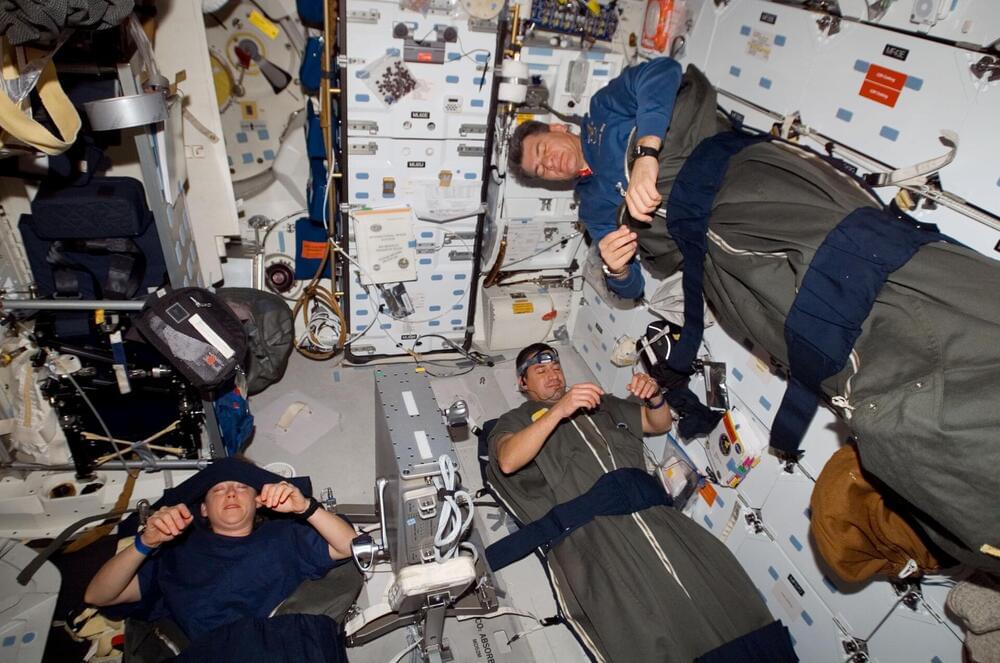The ESA is investigating hibernation technology that could allow astronauts to remain healthy during long-duration missions to Mars and beyond.
A renewed era of space exploration is upon us, and many exciting missions will be headed to space in the coming years. These include crewed missions to the Moon and the creation of permanent bases there. Beyond the Earth-Moon system, there are multiple proposals for crewed missions to Mars and beyond. This presents significant challenges since a one-way transit to Mars can take six to nine months. Even with new propulsion technologies like nuclear rockets, it could still take more than three months to get to Mars.
In addition to the physical and mental stresses imposed on the astronauts by the duration and long-term exposure to microgravity and radiation, there are also the logistical challenges these types of missions will impose (i.e., massive spacecraft, lots of supplies, and significant expense). Looking for alternatives, the European Space Agency (ESA) is investigating hibernation technology that would allow their astronauts to sleep for much of the voyage and arrive at Mars ready to explore.
This researcher was the subject of a recent study led by Alexander Choukér, a professor of Medicine at the Hospital of the Ludwig-Maximilians-University (LMU), and Thu Jennifer Ngo-Anh – a payload coordinator with the ESA’s Directorate of Human and Robotic Exploration Programs. The paper that describes their findings was recently published in the journal Neuroscience & Biobehavioral Reviews.
